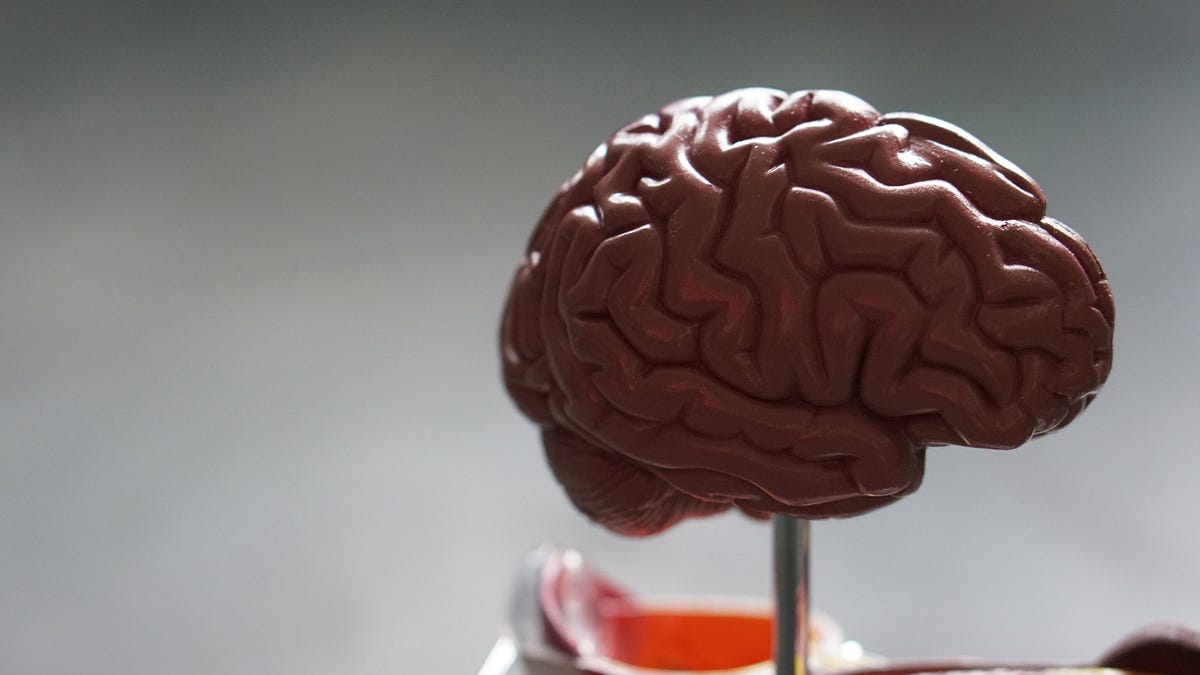Dementia is a phenomenon in which the brain functions so much that it interferes with daily life. Alzheimer's is one of the biggest causes of dementia, accounting for about 60%-80%. At the Stevens Institute of Technology, the researchers studied how to use verbal information to quickly and early diagnose Alzheimer's, and published the results.

Studies have shown that people with Alzheimer's symptoms have special verbal tendencies. For example, pronouns are often used instead of proper nouns, and they are said to be indirectly circumscribed in expressions about themselves. Deep learning technology was used to detect and predict these subtle linguistic differences.
Specifically, it is not a free scenario speech, but a predetermined scenario to describe the situation. For example, they were asked to describe a “picture of a child stealing cookies from a jar”, and the answers were collected and analyzed. Each sentence was transformed into a 512-dimensional vector using attention and CNN, and a classification model was trained for each case of normal and Alzheimer's patients. As a result, it is said that the diagnosis rate has reached about 95%.
It is said that the part of free scenario speech is still being studied, and if successful, it is expected that Alzheimer's diagnosis can be attempted not from the form of a scenario interview, but from an email or post on social media. Of course, it will not be used as an accurate final diagnosis, but I think it will help to determine the group that needs early diagnosis.







